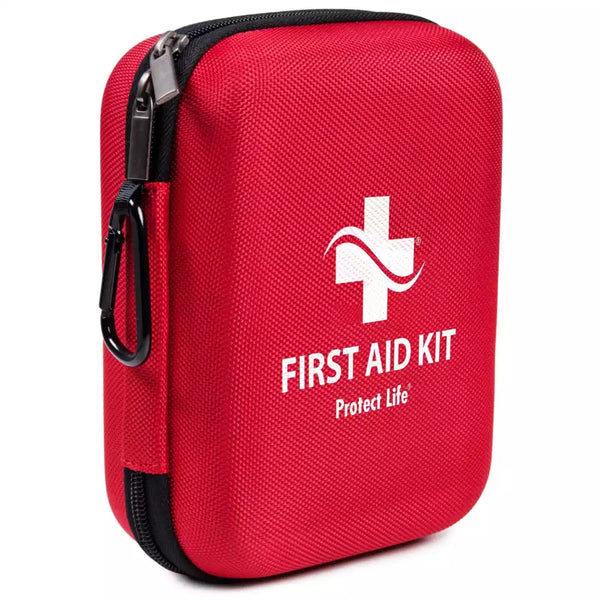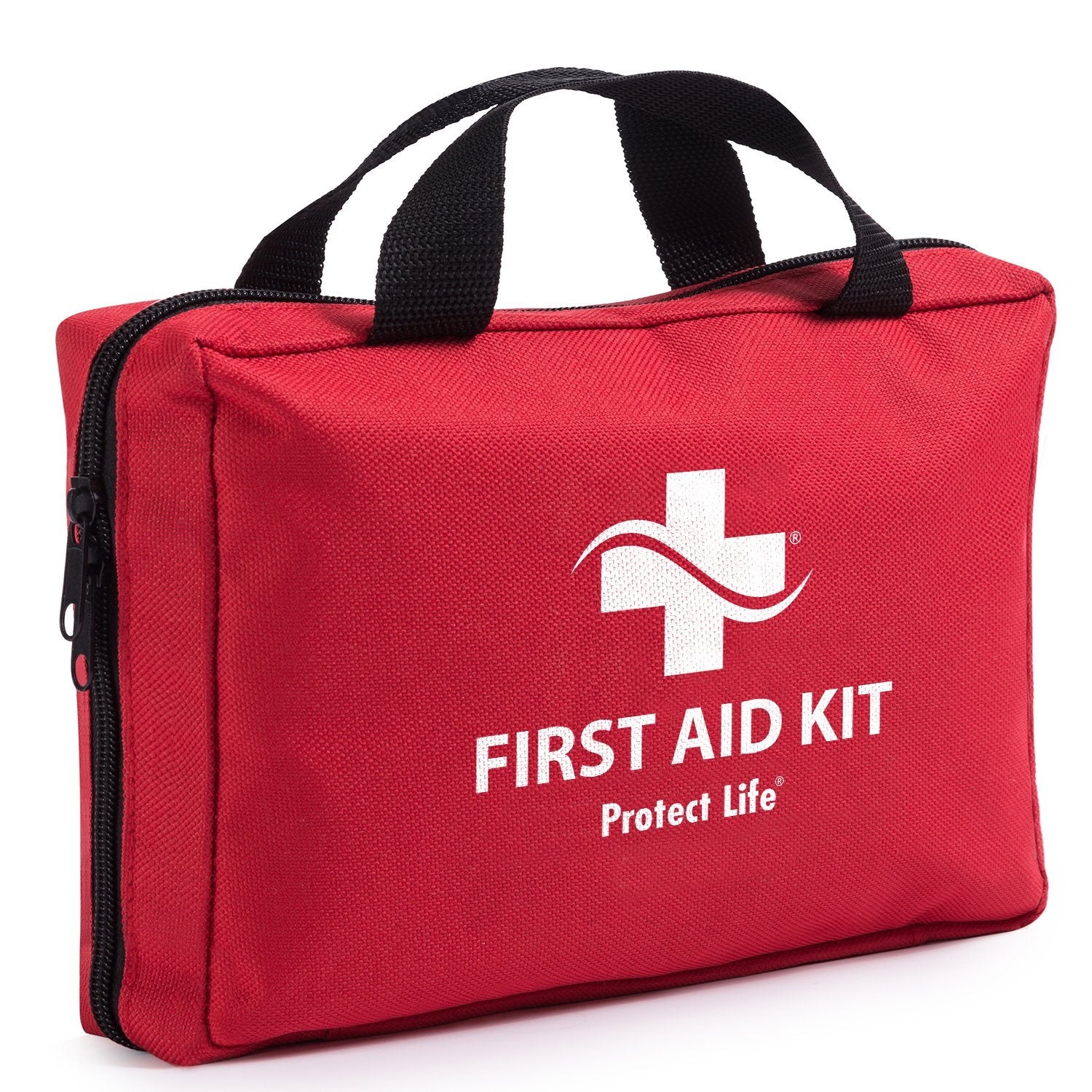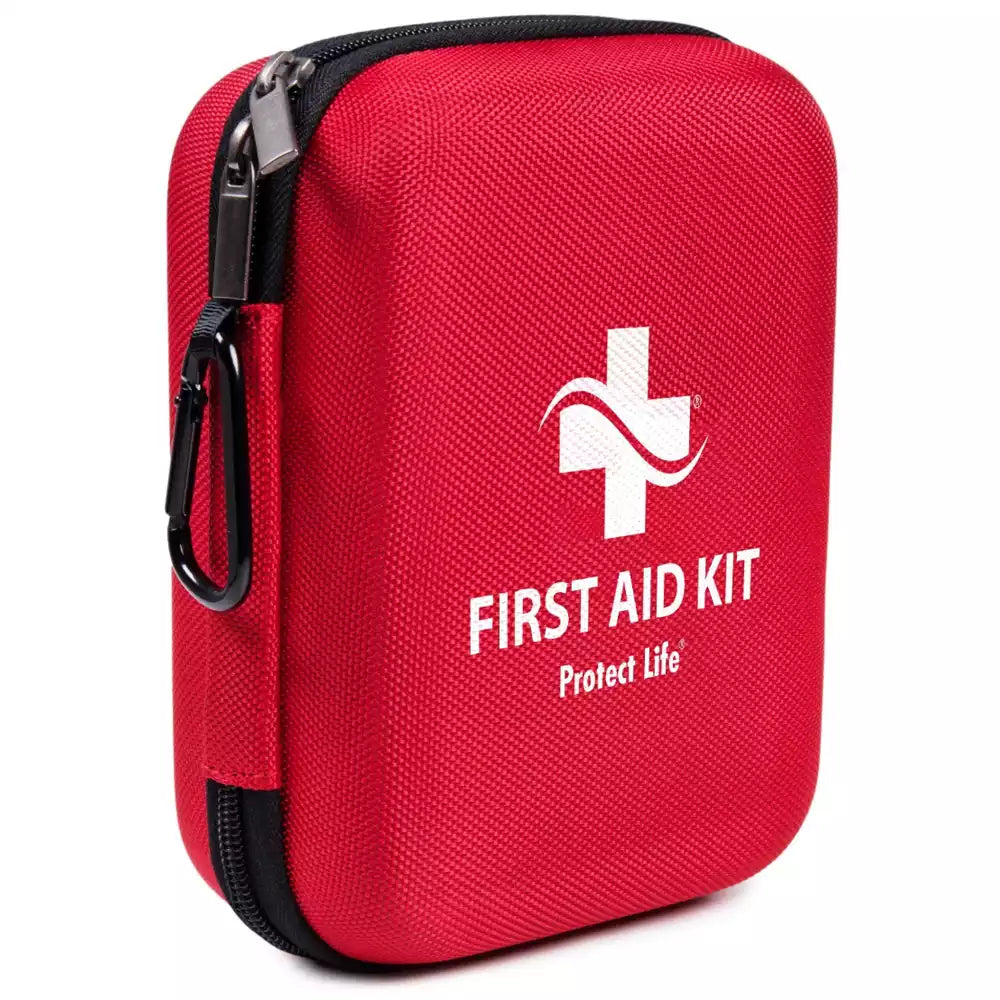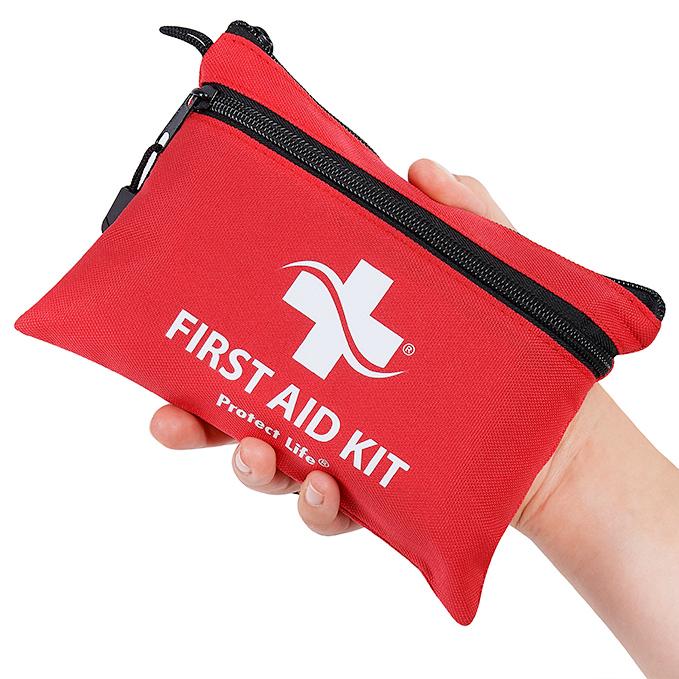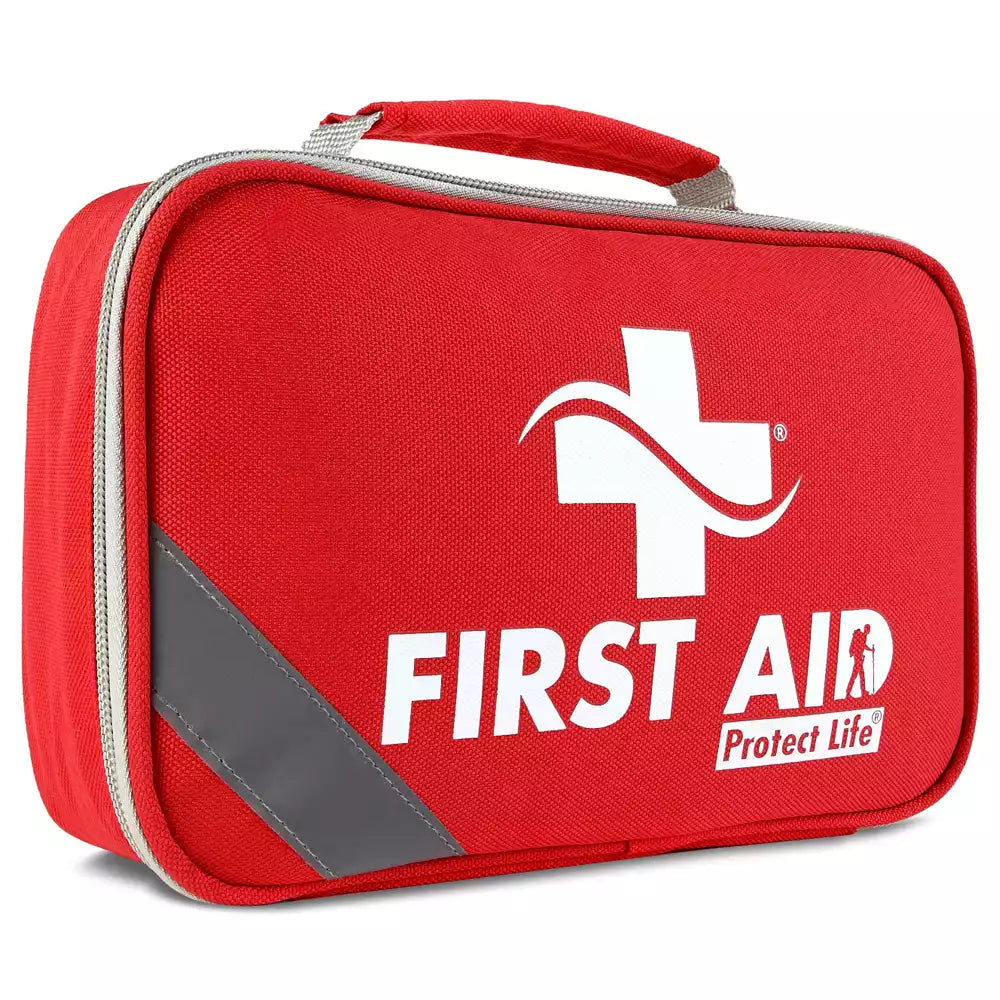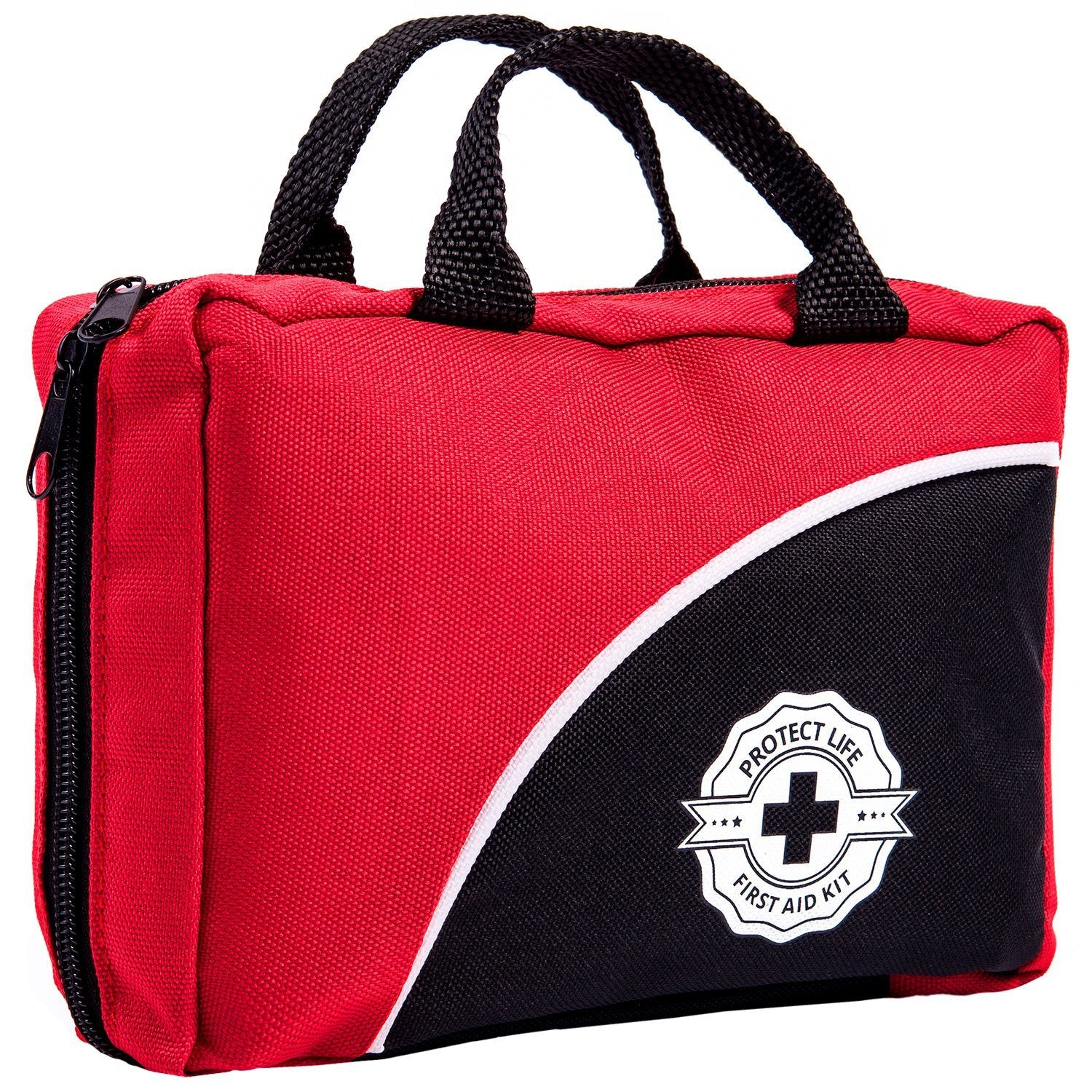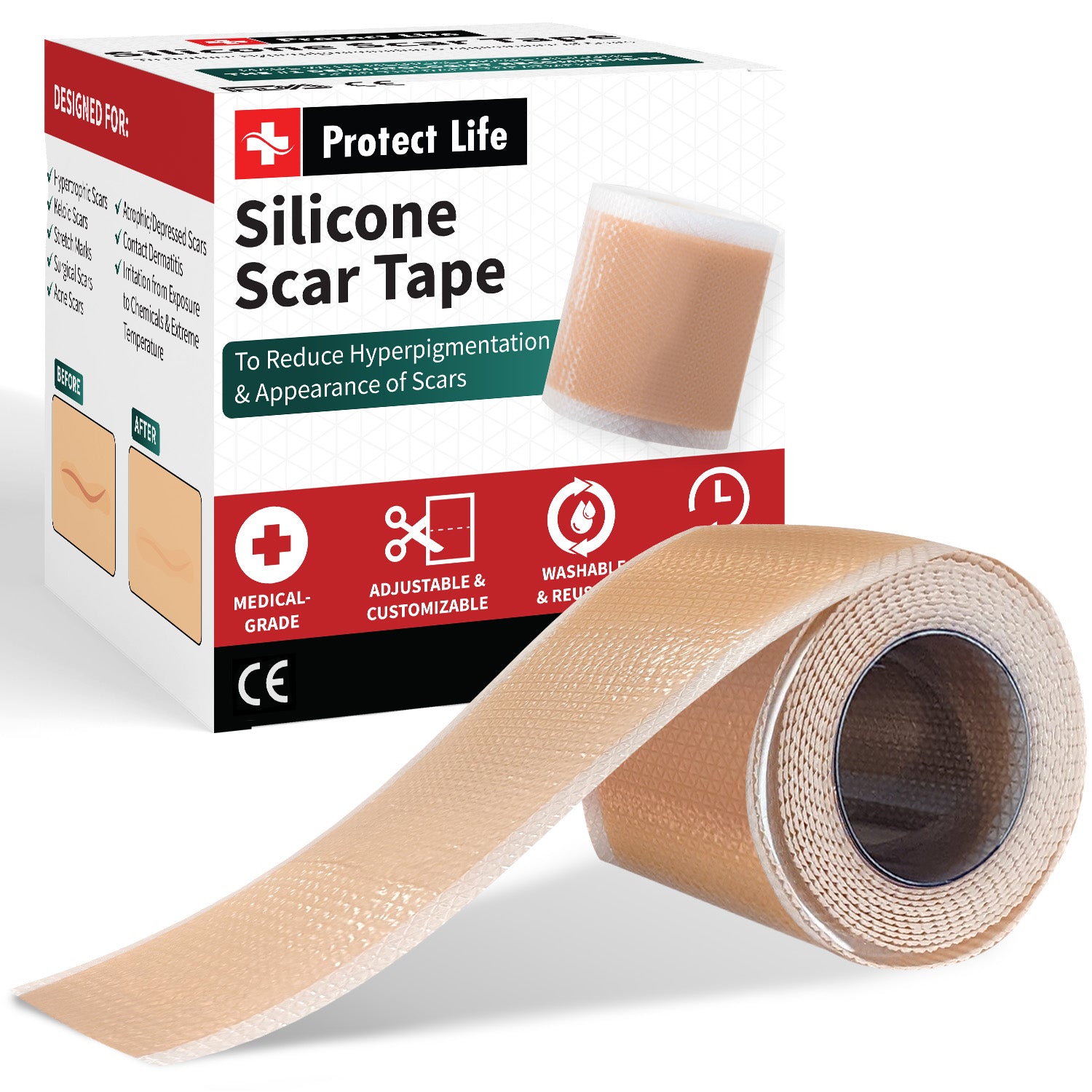Disasters can happen at any moment, from natural calamities like earthquakes, floods, and fires to human-made crises like terrorist attacks and accidents. The most important thing you can do to protect yourself and your loved ones is to be prepared. Knowing what to do in an emergency situation can make all the difference in the world.
As the saying goes, "An ounce of prevention is worth a pound of cure."
Being proactive about emergency planning can ensure that you have the right tools, supplies, and knowledge to handle any situation that comes your way. But where do you start?
Let's start with earthquakes. If you live in an earthquake-prone area, you should have an emergency kit ready at all times.

Your emergency kit should include non-perishable food items, water, a first aid kit, a flashlight, batteries, a radio, and a whistle. It's also a good idea to have cash, important documents, and a copy of your emergency plan in your kit.
In case of an earthquake, it's important to remember to drop, cover, and hold on.

This means dropping to the ground, taking cover under a sturdy piece of furniture, and holding on until the shaking stops. If you're outdoors, move away from buildings, trees, and power lines.
Fires can also be a serious threat, especially if you live in a dry area. Make sure that your smoke detectors are working and that you have a fire extinguisher in your home. Have an evacuation plan in place, and practice it regularly with your family. Make sure everyone knows where the fire exits are, and designate a meeting spot outside.
In case of a fire, it's important to stay low to the ground and move quickly. If you can't get out, cover vents and door cracks with wet towels or sheets to prevent smoke from coming in. If you have to escape through smoke, stay close to the ground and crawl to safety.
![]()
Human-made crises like terrorist attacks or accidents can happen anywhere, anytime. It's important to be aware of your surroundings and know the emergency procedures of your workplace or school. In case of an active shooter situation, run, hide, or fight.
Running is the best option if you can do it safely. If you can't run, hide in a secure location and turn off the lights, silence your phone, and barricade the door. If the shooter enters the room, be prepared to fight back with any available objects or tools.
In any emergency situation, communication is key. Make sure you have a way to communicate with your loved ones, whether it's through a designated meeting spot, phone calls, or texting. It's also important to stay informed about the situation through news updates or emergency alerts.

Remember, being prepared for an emergency can save lives. Take the time to create an emergency plan and emergency kit, and practice your plan with your family or coworkers.
Stay aware of your surroundings, and know what to do in any emergency situation. By taking these steps, you can help protect yourself and those around you in times of crisis.

